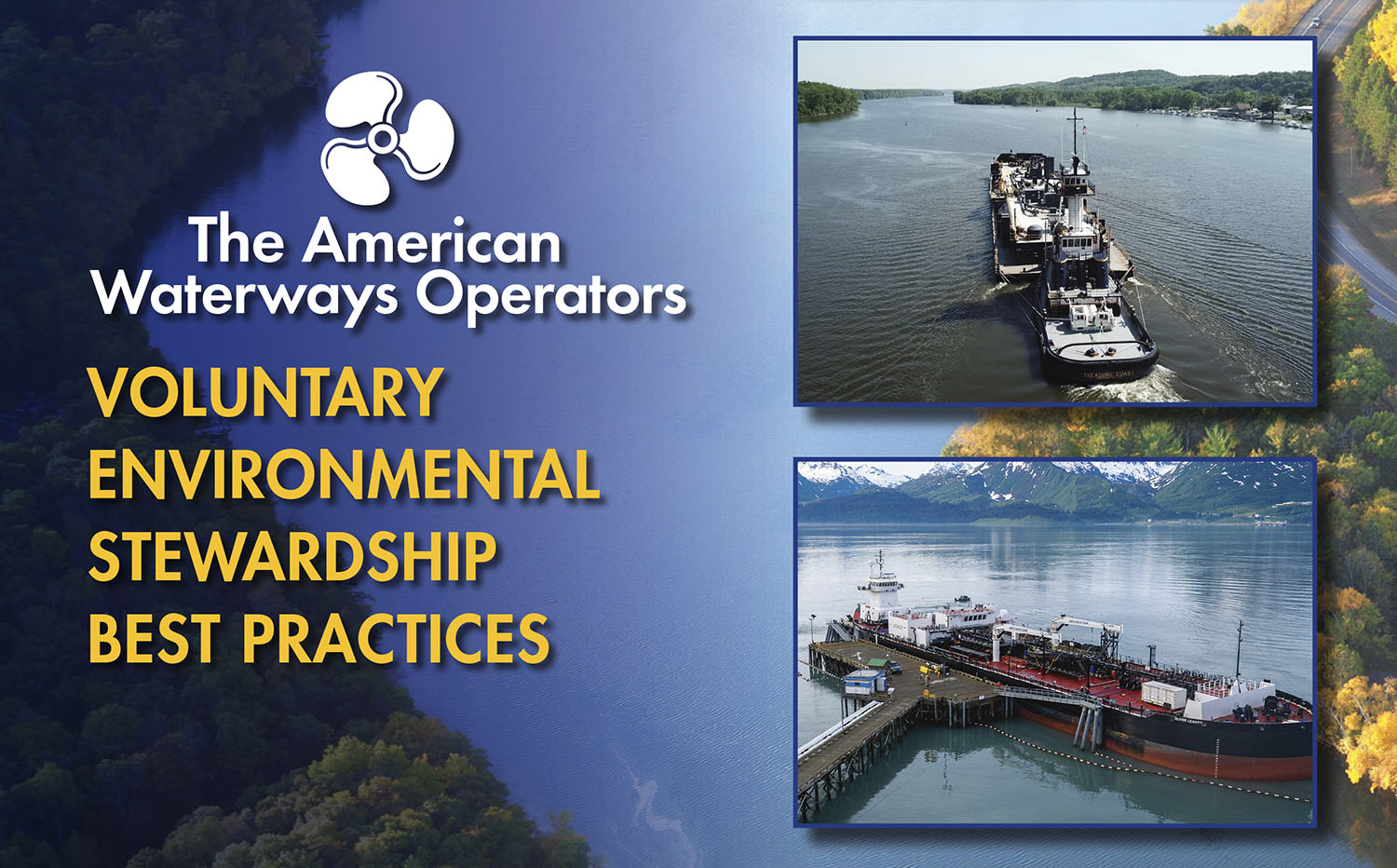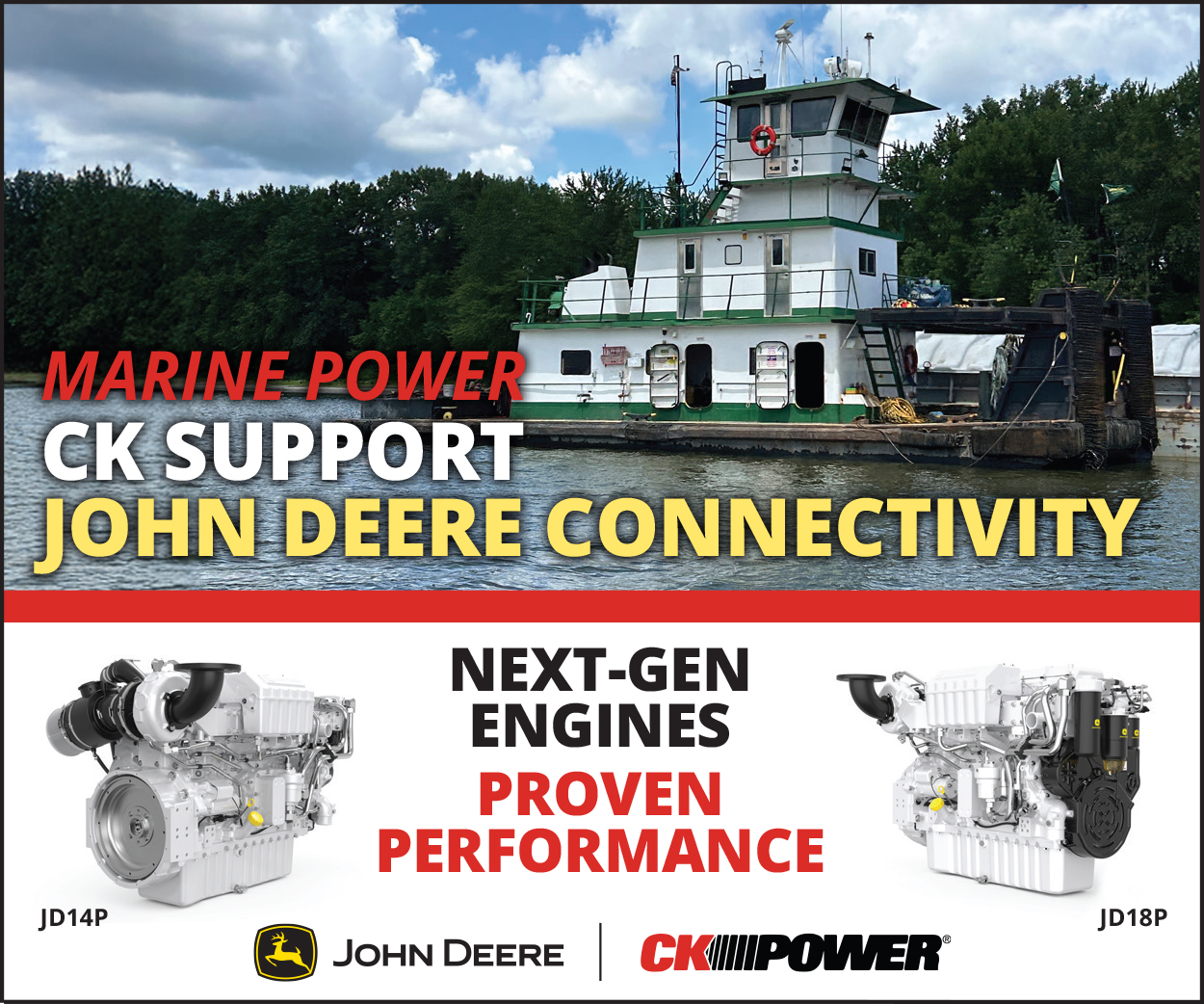Barge transportation is already the cleanest and greenest mode of transportation compared to other modes, for those who can take advantage of it.
But the industry, like many others, is always looking for ways to improve its environmental impact.
The American Waterways Operators on November 4 released a set of environmental stewardship best practices for the tugboat, towboat and barge industry. They are intended to inform, support and guide vessel operators’ continuous improvement in the areas of water quality, energy efficiency, air quality, waste management and corporate responsibility.
World governments have recently met in Glasgow to discuss for the 26th time how best to meet the challenges of climate change. But many companies and industries have decided not to wait on regulators to frame their responses. The drive toward decarbonization no longer depends only on what governments do.
AWO said: “This is particularly important as the maritime industry confronts the challenges and opportunities posed by the accelerating global drive for decarbonization to mitigate climate change. These best practices include measures, as well as links to tools and guidance developed by the U.S. and the International Maritime Organization that may help AWO members looking for ways in which they can build on the natural efficiency of waterborne transportation to further reduce their greenhouse gas emissions.”
“Barge transportation is the safest, most environmentally sustainable mode of freight transportation,” said Jennifer Carpenter, AWO president and CEO. “These best practices reflect AWO members’ commitment to continuous improvement as we seek to build on our industry’s natural advantages in fuel efficiency and greenhouse gas emissions and become ever better stewards of the natural resources on which our nation and our industry depend.”
The AWO notes that the best practices provide a menu of options from which operators can choose based on their unique operational needs. They will support companies in preventing spills and discharges, reducing energy consumption, reducing air emissions, properly managing waste and embracing corporate responsibility, with the goal of attainable, impactful improvements to environmental performance.
According to the AWO best practices report, “Recognizing that tugboat, towboat and barge operations vary widely across the industry, these best practices are not intended to be a ‘one-size-fits-all.’ There may be practices that are infeasible or inappropriate for companies to implement due to location, sector, operations or costs.”




